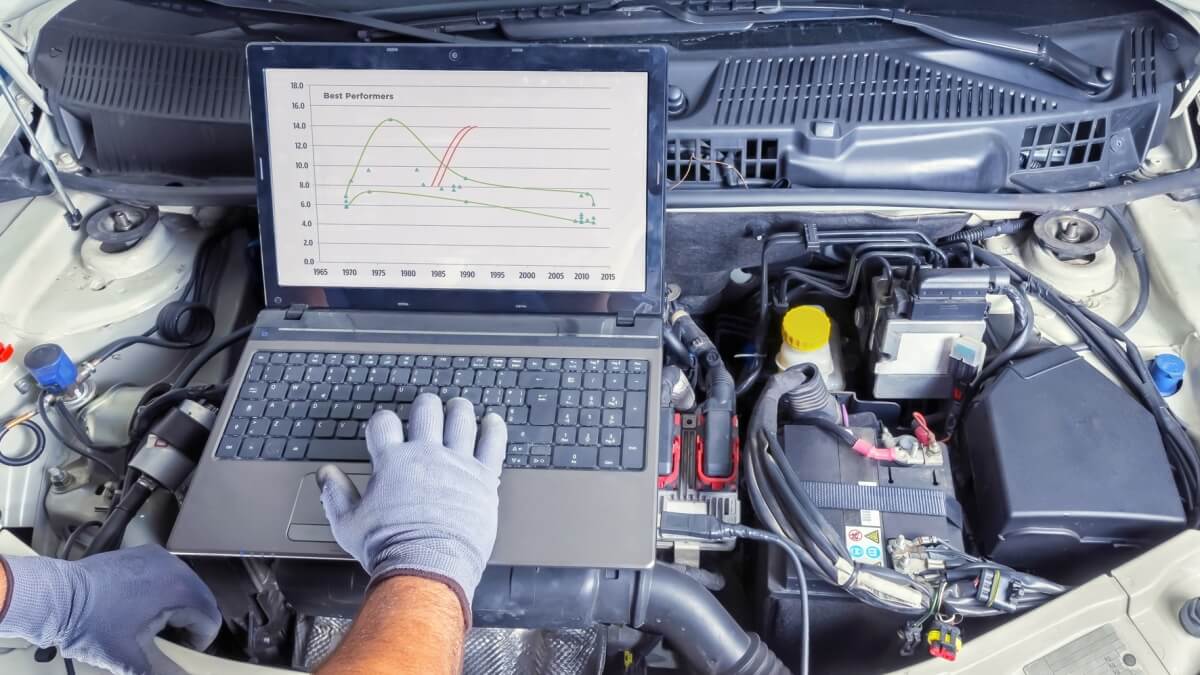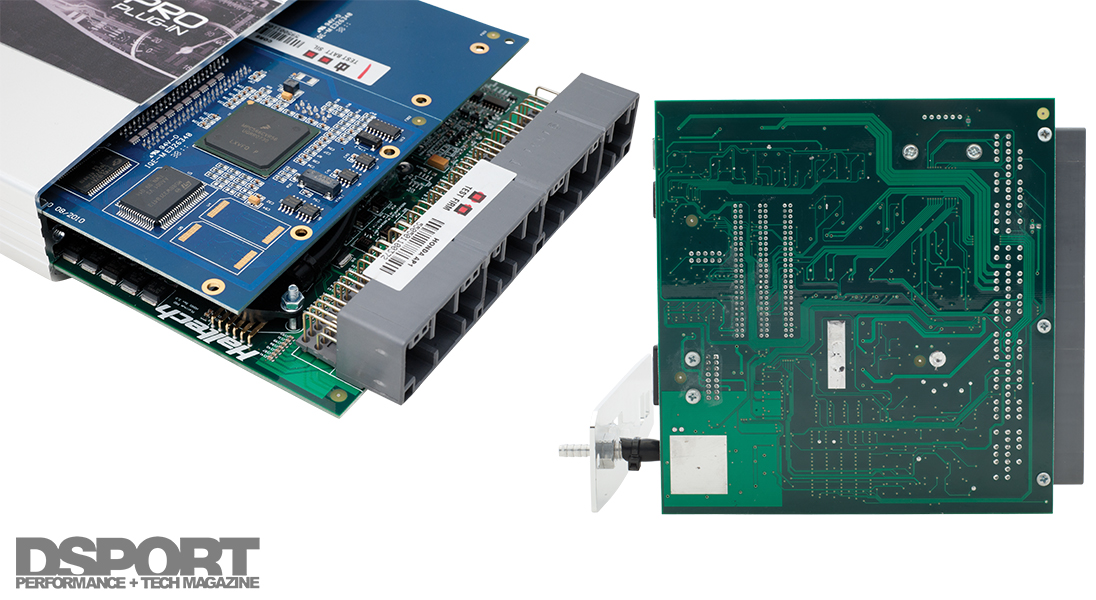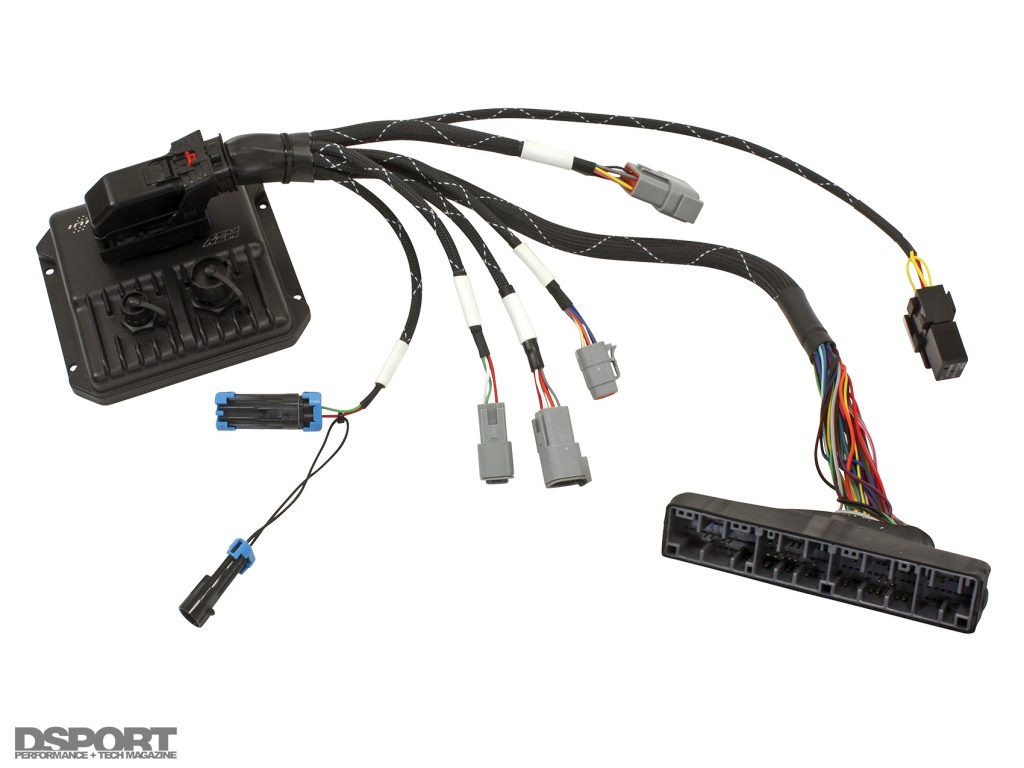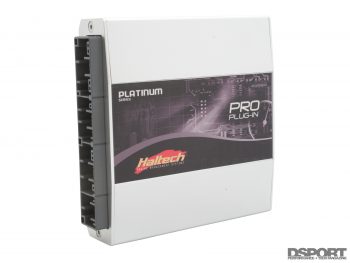
In the world of automotive enthusiasts and performance aficionados, ECU tuning stands as a captivating art form that unlocks the hidden potential within a vehicle’s engine. With advancements in modern technology, the Engine Control Unit (ECU) has become the heart and brain of our cars, responsible for regulating various engine parameters. ECU tuning, also known as remapping, offers an avenue to optimize engine performance, fuel efficiency, and overall driving experience. This article delves into the fascinating world of ECU tuning, exploring how it works and the benefits it can offer.

The ECU, a sophisticated computer within a vehicle, plays a pivotal role in controlling critical engine functions. It continuously gathers data from various sensors placed throughout the engine, such as the oxygen, throttle position, and manifold pressure sensors. Based on this data, the ECU adjusts parameters like fuel injection timing, air-fuel ratios, ignition timing, and turbocharger boost levels to ensure optimal engine performance under various conditions.
ECU tuning involves modifying the software settings of the ECU to enhance engine performance and drivability. This is achieved by altering the values and tables in the ECU’s software that dictate engine behaviour. Skilled tuners, equipped with specialized software and tools, customize the parameters to achieve specific objectives.

ECU tuning can optimize engine performance, leading to noticeable increases in horsepower and torque. By fine-tuning fuel delivery and ignition timing, more power can be extracted from the same engine. Carefully adjusted fuel maps can lead to more efficient fuel consumption, which can be particularly advantageous for those seeking to reduce their carbon footprint or save on fuel costs. ECU tuning can refine throttle response, making acceleration more responsive and smoother, thereby elevating the overall driving experience.

Factory-set rev limiters may hinder engine performance. ECU tuning allows tuners to adjust or remove these limits for a higher redline and more power in the higher RPM range.
The ECU’s existing software data is accessed through the vehicle’s OBD port or specialized cables. This data is then used as the baseline for modifications. Skilled tuners use specialized software to modify the ECU’s parameters. These adjustments are tailored to the vehicle’s specific make, model, and any installed aftermarket components. Some tuners perform dyno tuning for precise tuning and performance validation. The vehicle is driven on a dynamometer, enabling real-time data collection and fine-tuning for optimal results. After the necessary adjustments are made, the updated software is uploaded back to the ECU, replacing the factory settings.

ECU tuning can significantly enhance a vehicle’s performance and driving experience, but it is essential to consider a few factors such as expertise and knowledge. It is crucial to entrust the task to professionals who understand the intricacies of the process to avoid potential engine damage or poor performance. Modifying the ECU may void the vehicle’s warranty or contravene local regulations. Always check with the manufacturer and local authorities before proceeding with any modifications. While increasing horsepower and torque can be exhilarating, it is crucial to strike a balance to maintain engine reliability and longevity.
ECU tuning stands as a fascinating blend of art and science, offering automotive enthusiasts a gateway to experience the full potential of their vehicles. By fine-tuning the ECU’s software, enthusiasts can elevate engine performance, optimize fuel efficiency, and tailor the driving experience to their preferences. However, it is essential to approach ECU tuning with caution, seeking professional assistance and ensuring compliance with legal and warranty considerations. When done right, ECU tuning is a thrilling journey that can transform an already impressive ride into a performance masterpiece








